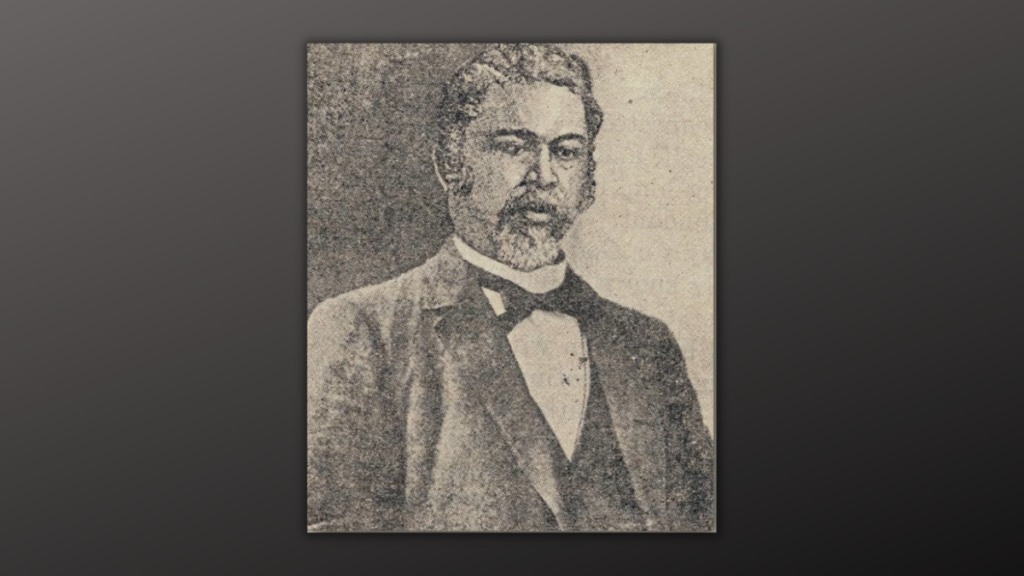Idaho Gov. Brad Little late Wednesday signed legislation aimed at preventing schools and universities from “indoctrinating” students through teaching critical race theory, which examines the ways in which race and racism influence American politics, culture and the law.
The Republican governor signed the bill that allows teaching critical race theory but prohibits forcing belief systems onto students that claim a group of people as defined by sex, race, ethnicity or religion are inferior or superior to others.
“The claim that there is widespread, systemic indoctrination occurring in Idaho classrooms is a serious allegation,” Little wrote in the bill’s transmittal letter addressed to Republican House Speaker Scott Bedke. “Most worryingly, it undermines popular support for public education in Idaho.”
Some GOP lawmakers are concerned belief systems will be forced on Idaho students, and wanted legislation addressing that concern before they will vote to approve a logjam of education budget bills that must be passed before the Legislature can wrap up the session, now third-longest in state history.
The House earlier this month killed a $1.1 billion teacher pay bill for that reason, a move Democratic lawmakers have called an outright hostage situation. That bill has since advanced a second time through a budget committee and is headed back to the House for another vote.
“This year’s delay of budget-setting has created hardships for schools, distracting school leaders and professional educators from more important, student-centered priorities,” Little wrote, citing his concerns that the process to pass the bills has sent the wrong message to teachers, parents and students.
The bill signed Wednesday prevents educators from making students “affirm, adopt or adhere to” belief systems that claim individuals of any race, sex, ethnicity, religion or national origin are responsible for past actions done by members of the same group.
The legislation would also prohibit teachers from forcing students onto belief systems that claim a group of people as defined by sex, race, ethnicity or religion are inferior or superior to others.
Backers call the measure something that could have emerged from the Civil Rights era, affirming that every individual should be treated equally under the law and that no one should have belief systems forced on them. Conservative lawmakers have also said they fear that white students are being taught that they should be ashamed for past wrongs carried out by earlier generations, such as slavery.
But opponents say Idaho already has antidiscrimination protections in place, and all the bill will do is stifle classroom discussions about difficult topics that will leave Idaho students lacking knowledge and understanding.
Those in favor of the bill say that’s not its intent, and that any topic is open for discussion. Supporters have also said there is little, if any, indoctrination currently going on in Idaho schools, though some lawmakers have put forward anecdotal stories.
Preventative measure
“It is a preventative measure,” the bill’s sponsor, Republican Sen. Carl Crabtree argued earlier this week on the Senate floor. “It does not indicate that we have a rampant problem in Idaho. But we don’t want to get one.”
Meanwhile, the bill’s opponents have said critical race theory, though contained in the bill, isn’t even defined. For some, the theory is simply looking at how race and racism have shaped the nation. But for other lawmakers, it’s seen as an attempt to pit various groups against each other.
The education bill comes amid a national reckoning on how race and racism influences policing and other realms of American life. Republican Idaho lawmakers are concerned federal authorities could force belief systems on Idaho students through school curricula — calling the ideas often found in critical race theory “contrary to the unity of the nation and the well-being” of the state.
The Idaho State Board of Education, which sets policy for Idaho public education, didn’t take a stance on the legislation.
Little in the letter indicated that it was time to move forward, citing problems faced by students due to the coronavirus pandemic.
“I have been clear that the pandemic must be a short-term disruption to students and schools,” Little wrote, adding that the pandemic should not diminish “lifetime opportunities” for Idaho students.
“We need to refocus our efforts on the tremendous tasks ahead — coming out of the pandemic, addressing the challenges associated with learning loss across elementary and secondary education, and preparing our students to be college — and career-ready.”






Share with others: